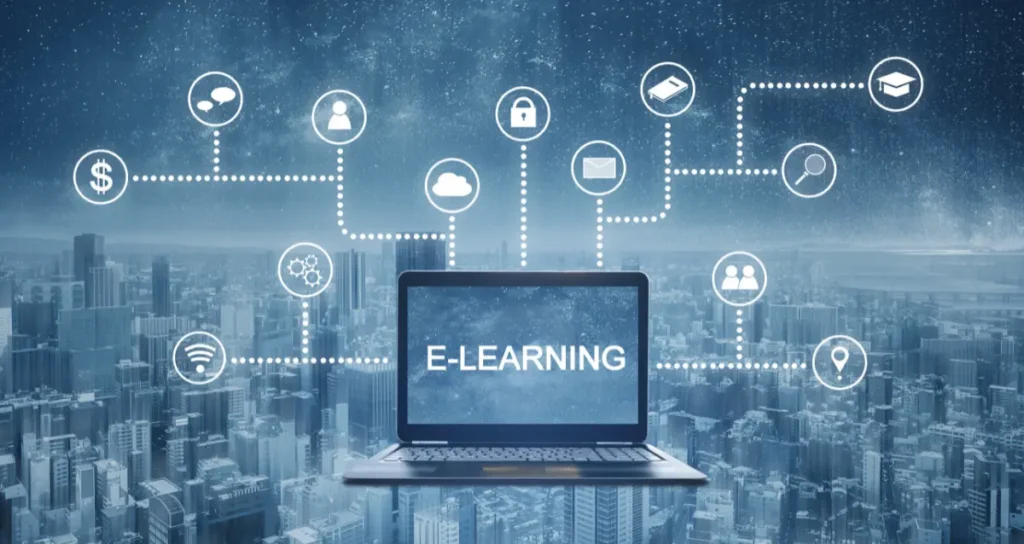Adaptive Learning Technologies for Adult Education
The quest for effective, flexible learning solutions has never been more pressing. The rise of adaptive learning technologies represents a decisive shift in how educational content is tailored to meet the needs of adult learners.
Unlike traditional methods that apply a one-size-fits-all approach, adaptive learning systems adjust in real time to each learner’s progress, strengths, and weaknesses. But how exactly do these systems cater to the diverse needs of adult learners, and what benefits do they bring to the table?
By the way, among numerous vendors in education, this EdTech software development provider
https://www.altamira.ai/edtech-development/ stands out for proven expertise in AI and adaptive learning solutions tailored for every need.
Understanding adaptive learning technologies
At its core, adaptive learning technology leverages algorithms and data analytics to create personalized learning experiences. Unlike static educational resources, these systems dynamically adjust content delivery based on individual performance and interaction.
This adaptability is achieved through continuous assessment and feedback mechanisms, allowing learners to progress at their own pace. For adults juggling multiple responsibilities—such as careers, family, and education—this flexibility can make a visible difference.
The Mechanics of Adaptation
Adaptive learning platforms rely on sophisticated algorithms to assess a learner’s current knowledge and skills. These platforms gather data on how learners interact with the material—such as the time spent on each topic, the frequency of correct and incorrect answers, and even patterns in problem-solving approaches.
This data is then used to adjust the difficulty level, offer additional resources, or modify the learning path. For example, if a learner consistently struggles with a particular task, the system might offer supplementary explanations or alternative methods of instruction until the issue is addressed.

Tailoring education to adult learners
Adult learners often bring a wealth of background knowledge and experience to their educational endeavors, which can both help and complicate their learning process. By customizing content to align with an individual’s background and expertise, these systems not only build on what learners already know but also target areas requiring improvement.
This tailored approach helps prevent frustration and disengagement, which are common in traditional educational settings where pace and content are uniform for all participants.
Practical benefits of adaptive learning for adults
The advantages of adaptive learning technologies extend beyond personalization. For many adult learners, time is a scarce resource, and traditional educational models can be inefficient. Adaptive learning systems offer the ability to focus on relevant content, reducing the time spent on material already mastered.
Such an approach is valuable for professionals seeking to acquire new skills or advance their knowledge without sacrificing significant portions of their personal or work life.
Moreover, these technologies provide real-time feedback, enabling learners to identify and address weaknesses immediately. With adaptive systems, learners receive targeted assistance and can adjust their study habits based on ongoing performance data.
The future of adaptive learning
As adaptive learning technologies continue to evolve, their potential to support adult education will only grow. Ongoing advancements in artificial intelligence and machine learning promise to make these systems even more responsive. For example, future developments might include an even more nuanced analysis of learner behavior and preferences, leading to more precise customization.
Could adaptive learning technologies become the cornerstone of adult education? The answer largely depends on how well these systems can address current challenges and integrate with the broader educational environment. However, the promise they hold for creating personalized, efficient, and supportive learning experiences suggests they will play an increasingly prominent role in adult education.
The final words
Adaptive learning technologies represent an impressive leap forward in the quest to make adult education more effective. By personalizing learning experiences based on individual needs and performance, these systems offer a solution that acknowledges the unique challenges faced by adult learners.
The potential for adaptive learning to further refine and improve the educational experience is immense. For adult learners seeking flexibility and relevance, adaptive learning technologies provide a compelling path forward in their educational journeys.
FURTHER READING







